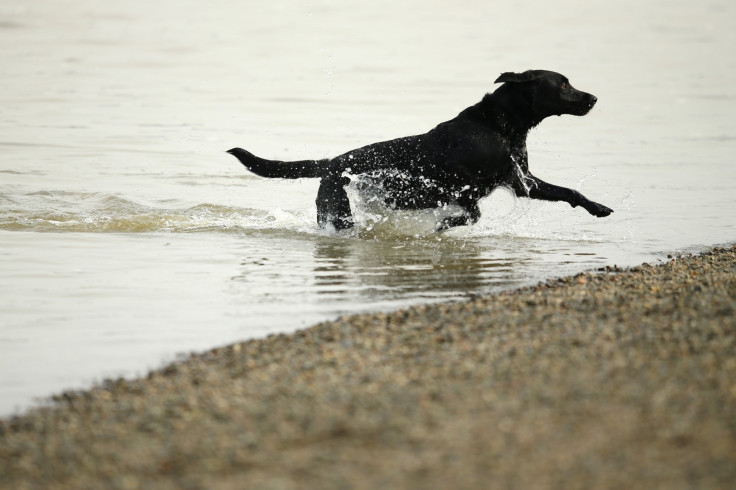Common pet flea treatments are poisoning Britain's rivers
High levels of the chemical imidacloprid have been detected in a number of waterways across the country.

Common pet flea treatments are being washed into waterways across Britain, causing devastating pollution, according to a new study.
High levels of the chemical imidacloprid – an insecticide which is applied on pet animals to kill parasites - have been detected in a number of rivers and streams, the report from conservation charity Buglife suggests.
Particularly high levels which exceed chronic pollution limits were detected in the Tame in Manchester, the Wyke Beck in Leeds and Somerhill Stream in Kent, while large quantities were also found in the Sincil Dyke in Lincoln and the River Wensum in Norfolk, among others.
The chemical can cause serious damage to river ecosystems as it can kill insects that live or feed near the water, as well as harm the health of fish and birds.
Not surprisingly, most of the pollution was detected in urban areas, but the chemical has even been found in remote regions such as the Cairngorm mountains in Scotland.
"We are devastated to discover that many British Rivers have been heavily damaged by neonicotinoid insecticides," said Matt Shardlow, chief executive of Buglife. "It is vital that action is taken to completely ban these three toxins, including in greenhouses and on pets, before another year of disgraceful pollution occurs."
According to the report, imidacloprid can find its way into storm drains, sewage systems and subsequently rivers and streams when it rains, or if animals are washed, or are allowed to swim in a waterbody. Urine and faeces may also contain the chemical.
Buglife is calling for an immediate ban on the use of imidacloprid in pet products as a first step, while the presence of other harmful chemicals in flea treatments is investigated.





